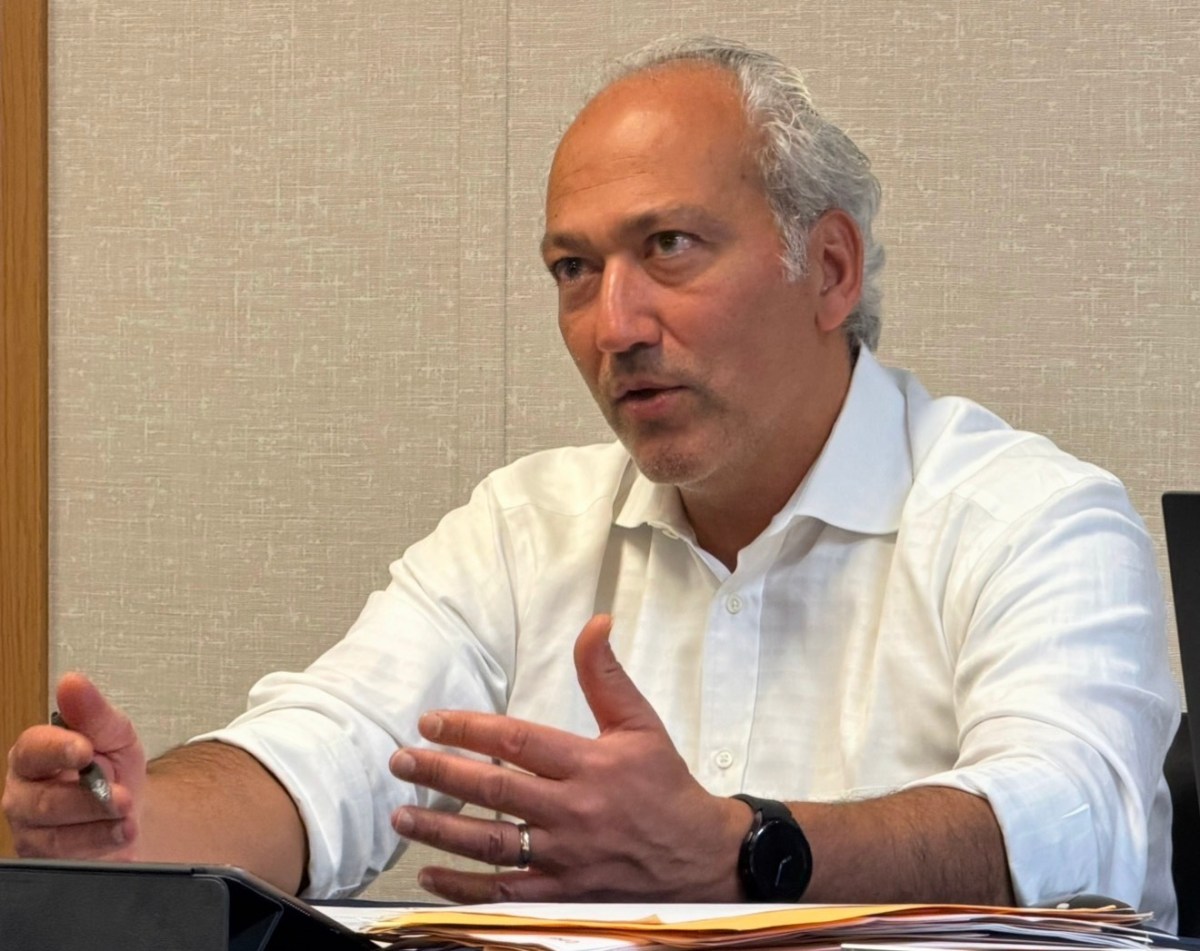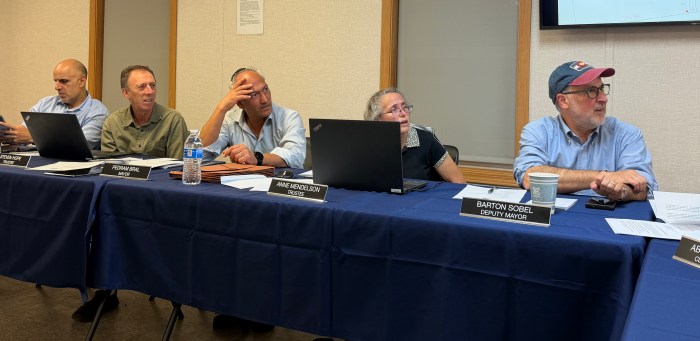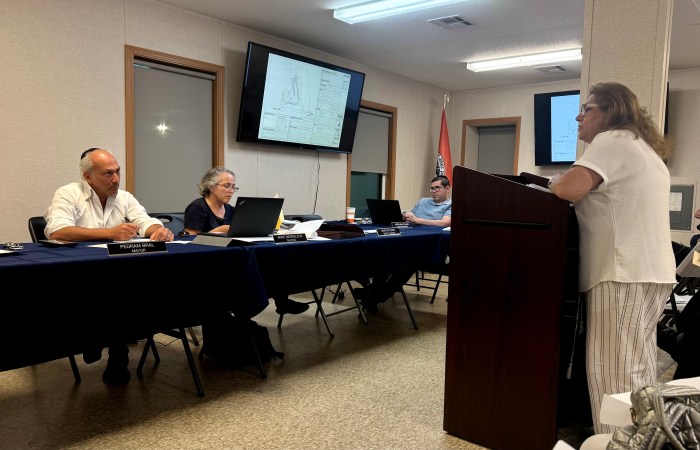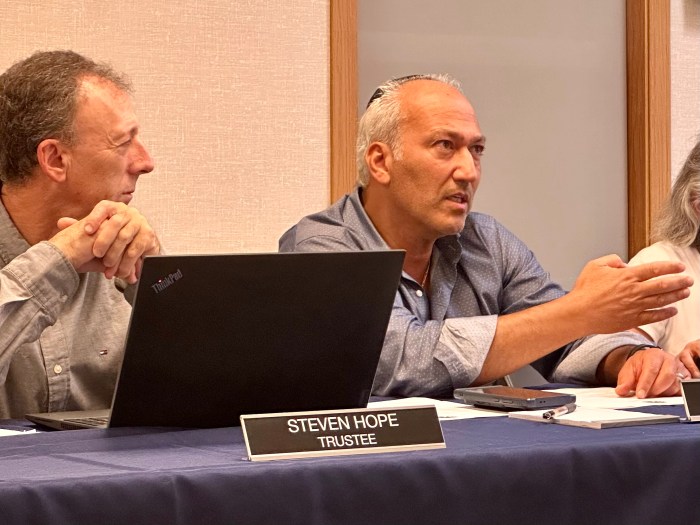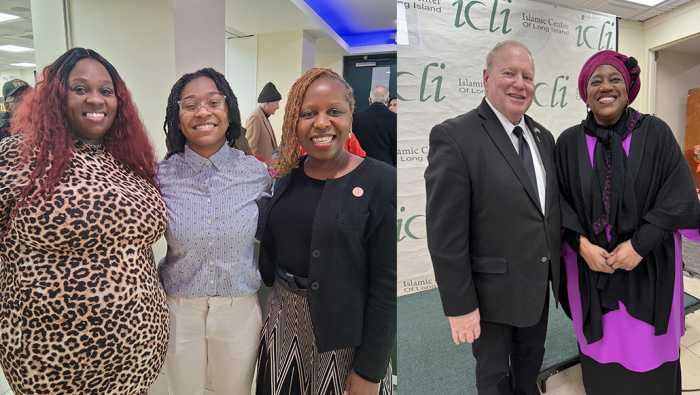The Village of Great Neck is moving forward with a proposal to increase the household income required to qualify for tax exemption for seniors, an update that clerk-treasurer Abraham Cohan called “trailblazing.” If adopted, more seniors will qualify for tax exemptions.
Under the proposed update, seniors with a household income of less than $39,000 would qualify for the maximum exemption of 50%, with seniors with a household income of up to $47,400 qualifying for some sort of exemption. Right now, seniors with a household income up to $29,000 qualify for the maximum exemption of 50%, and those with up to a $35,600 household income qualify for some sort of exemption.
The exemption requirements have not been updated for 20 years despite inflation, Cohan said.
“Twenty years ago, you could get a gallon of gas for a dollar. You could buy a dozen eggs for 89 cents. Now if you look at it, it’s tripled, but the table hasn’t been updated. So it’s to keep up with the inflation,” Cohan said. “It’s basically taking care of the older generation.”
Mayor Pedram Bral echoed the sentiment that the village must take care of seniors, adding the increase will not have a large impact on other residents.
“I think we need to support our seniors,” Bral said. “There are those with increased cost of living as things are becoming more difficult, and even though it may significantly help the seniors who have low income, it’s not going to really affect other individuals in the village.”
The overall taxes will not change significantly, Cohan said. Bral said estimates show the change would increase taxes by an average of $50 a year on an average home, which he said many families likely will not “feel.”
“The way I’m looking at Great Neck, Great Neck is a very family-oriented neighborhood, and I think a lot of people live there with their parents and grandparents who are now seniors,” Bral said. “They understand that they’re not really helping someone from a different country or different state – they’re really helping their own family by just paying slightly more per year, which many families probably won’t even feel.”
The board will get residents’ opinions at a Nov. 18 hearing. The possible updated law will be published 10-14 days before the meeting. Bral said he doubts residents would speak out against the proposal, but he is “here to hear from residents” and would like to get input from the public.
According to Bral, a resident brought up the idea in a meeting a few months ago. At the board’s Oct. 21 meeting, Cohan presented four exemption increase options consistent with the state’s requirements. The board chose the option that will be presented at the hearing. The draft law will be published 10 to 14 days before the hearing on the village’s website.
“We do have to really help our seniors,” Bral said. “And I think this is a small token, but I think it goes for some a very long way.”
Cohan said Great Neck is one of just a handful of villages willing to take this initiative because of the implication that if someone is paying less, others will be paying more. But, given that the taxes have been stagnant for about 10 years, Cohan said, the mayor believes the initiative is important for the village.
Bral also said the village is looking to bring in non-homestead developments to generate more tax money.
“So this will help definitely not to increase the taxes in the future. And depending on the cost of living and the increased cost of everything, hopefully we may even be able to keep the taxes the same level,” Bral said. “I don’t know if I can decrease the taxes, but we’ll see. We’ll try.”




